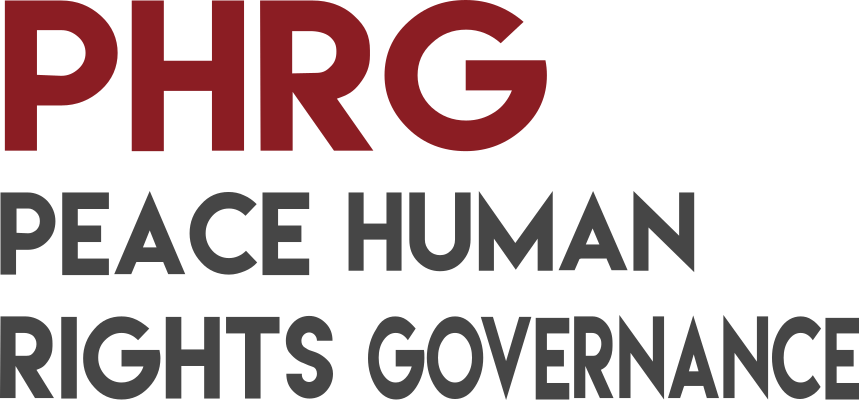Abstract
Moral actions are often difficult to comprehend since what counts as moral differ throughout the world. While differences in our moral systems ought to be respected, differences that undermine basic human rights ought to be challenged, reconstructed and adapted to affirm contemporary values. As dynamic and adaptive social phenomenon, cultural system should serve empowering values that promote human flourishment. In modern society, what is considered good is embedded in basic human rights values, values that have been described by some as universal and viewed as transcending cultural differences and unique realities that make humans different; because they centralize humanity. Drawing illustrations from the African woman’s experience, this paper demonstrate how the three African religions; namely indigenous religions, Christianity and Islam, inhibit women’s rights while advocating for social justice in general. In the paper, I draw from intersectionality as a framework to argue for women’s rights within an evolving cultural experience of African women. While recognizing that African cultural systems have unique structural details, the similarities in experience of African women is highlighted with description of specific case studies.
Keywords
Download
Nyangweso M. (2017) "Religion, Human Rights, and the African Widow
", Peace Human Rights Governance, 1(3), 365-391. DOI: 10.14658/PUPJ-PHRG-2017-3-3
Year of Publication
2017
Journal
Peace Human Rights Governance
Volume
1
Issue Number
3
Start Page
365
Last Page
391
Date Published
11/2017
ISSN Number
2532-3474
Serial Article Number
3
DOI
10.14658/PUPJ-PHRG-2017-3-3
Section
Articles

 © 2025 Padova University Press - Università degli Studi di Padova
© 2025 Padova University Press - Università degli Studi di Padova